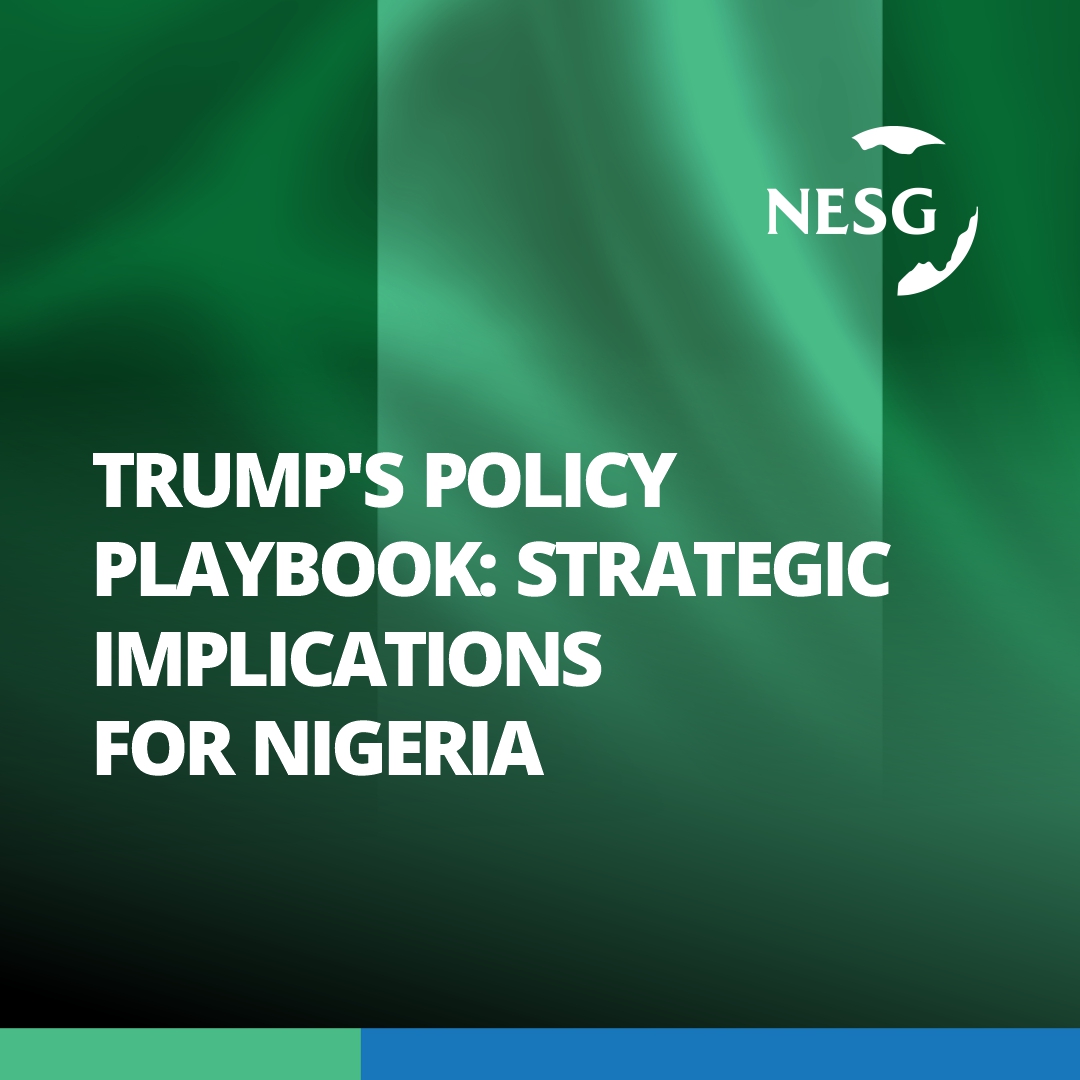Posted Mon, Feb 24, 2025 5:58 PM
Download Report (1366 downloads)
This policy analysis aims to offer a comprehensive yet concise examination of how the Trump administration’s tariff policies and broader trade actions will impact African economies, with Nigeria as a case study. By integrating trade theory, global economic linkages, and empirical observations, this discussion highlights the complexities of such policies and their unintended spillover effects. Nigeria’s experience is uniquely shaped by its economic structure—particularly its dependence on oil exports— and pre-existing structural challenges, which interact with global trade dynamics in distinct ways.
The effects of U.S. trade policies on Nigeria are largely indirect, often mediated by global market reactions. Empirical assessments of these impacts are further complicated by concurrent economic shocks, such as oil price volatility and domestic policy changes. These overlapping factors make it challenging to isolate the precise consequences of U.S. tariff measures on Nigeria’s economy. In standard trade theory, tariffs function as taxes on imported goods, increasing their domestic prices. In large economies like the U.S., such policies typically reduce import volumes, prompting consumers
to shift towards domestically produced alternatives. In a broader general equilibrium framework, tariffs can distort relative prices on a global scale, introduce inefficiencies, and result in welfare losses, commonly referred to as “deadweight losses”.
When the U.S. imposes tariffs on imports, such as Chinese manufactured goods, global exporters will cut exports to the country while U.S. domestic buyers seek alternative suppliers, even if these substitutes are less efficient or more expensive. This process, known as trade diversion, reshapes global trade patterns and disrupts supply chains. Given the interconnected nature of modern production networks, disruptions in one segment—whether caused by tariff-induced price increases or heightened uncertainty—can send shockwaves across supply chains, affecting producers and exporters worldwide, including those in economies not directly targeted by the tariffs.
Beyond tariffs, the Trump administration’s broader trade protectionism and unilateralism approach— characterised by a preference for bilateral agreements, scepticism toward multilateral trade deals, and an “America First” doctrine—had wider implications for global trade governance. Such policies tend to promote protectionism and signal a shift away from a rules-based international trading system. For economies that depend on stable, multilateral trade relations, this shift can introduce new vulnerabilities. Increased protectionism also fosters uncertainty, leading firms to delay investment decisions or reconfigure supply chains. This uncertainty, in turn, can weaken foreign direct investment (FDI) inflows and slow economic growth, particularly in economies like Nigeria that are integrated into global value chains.
